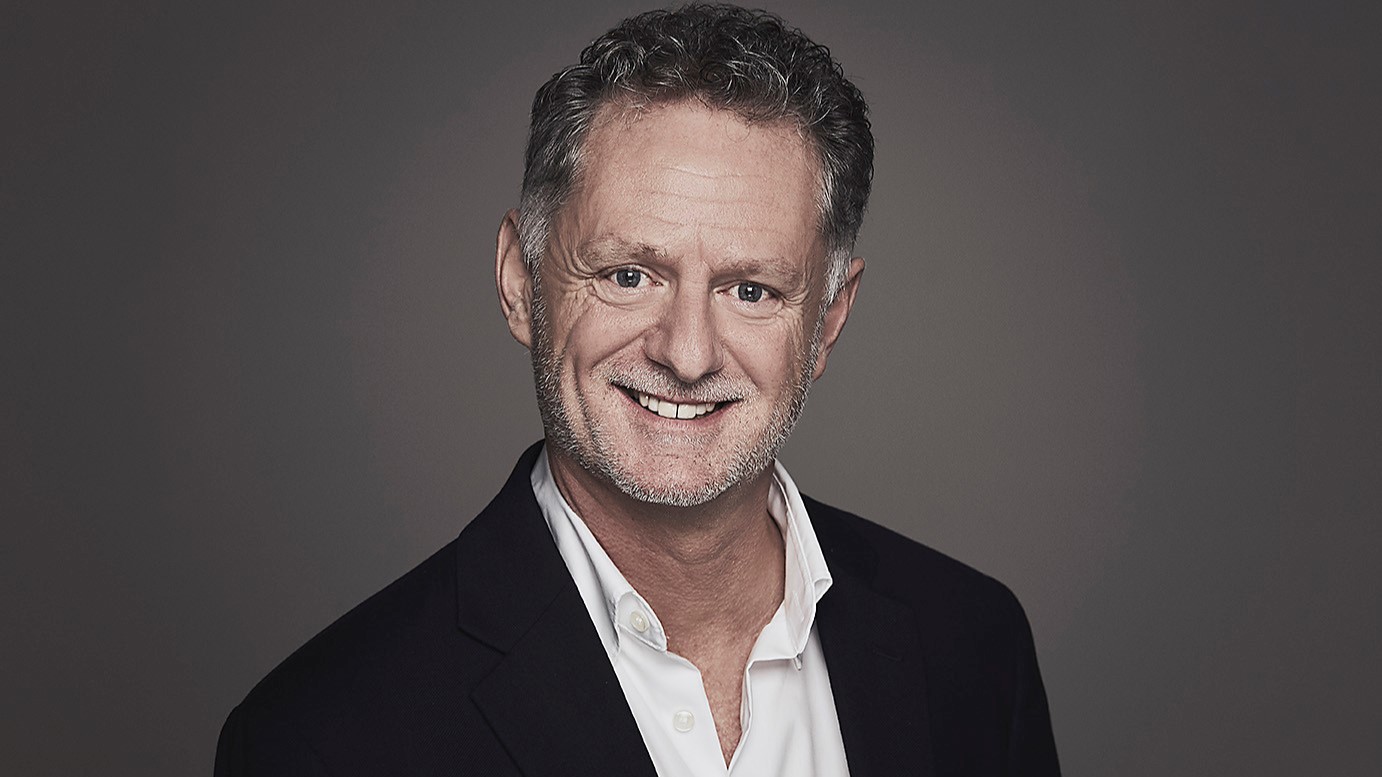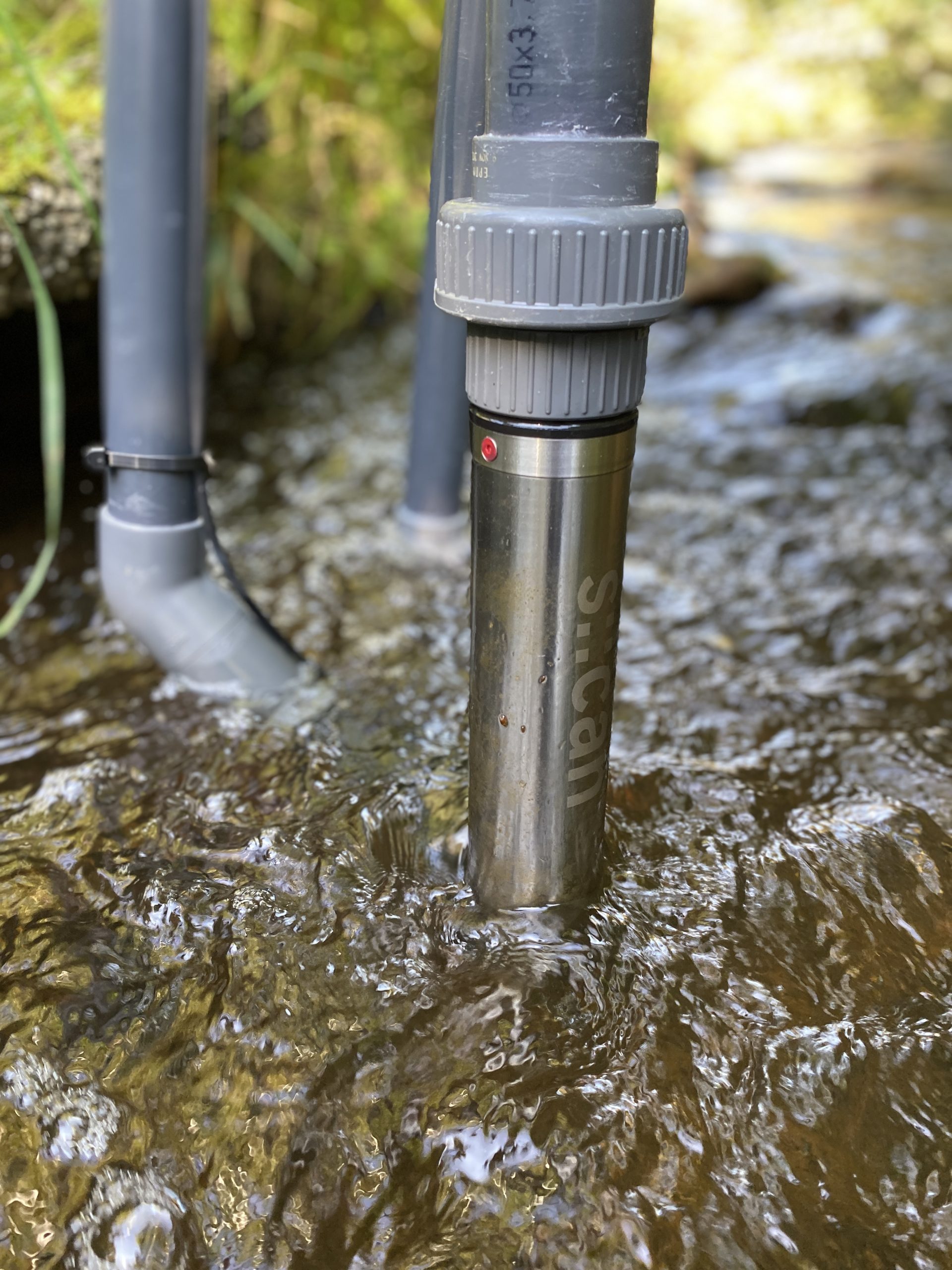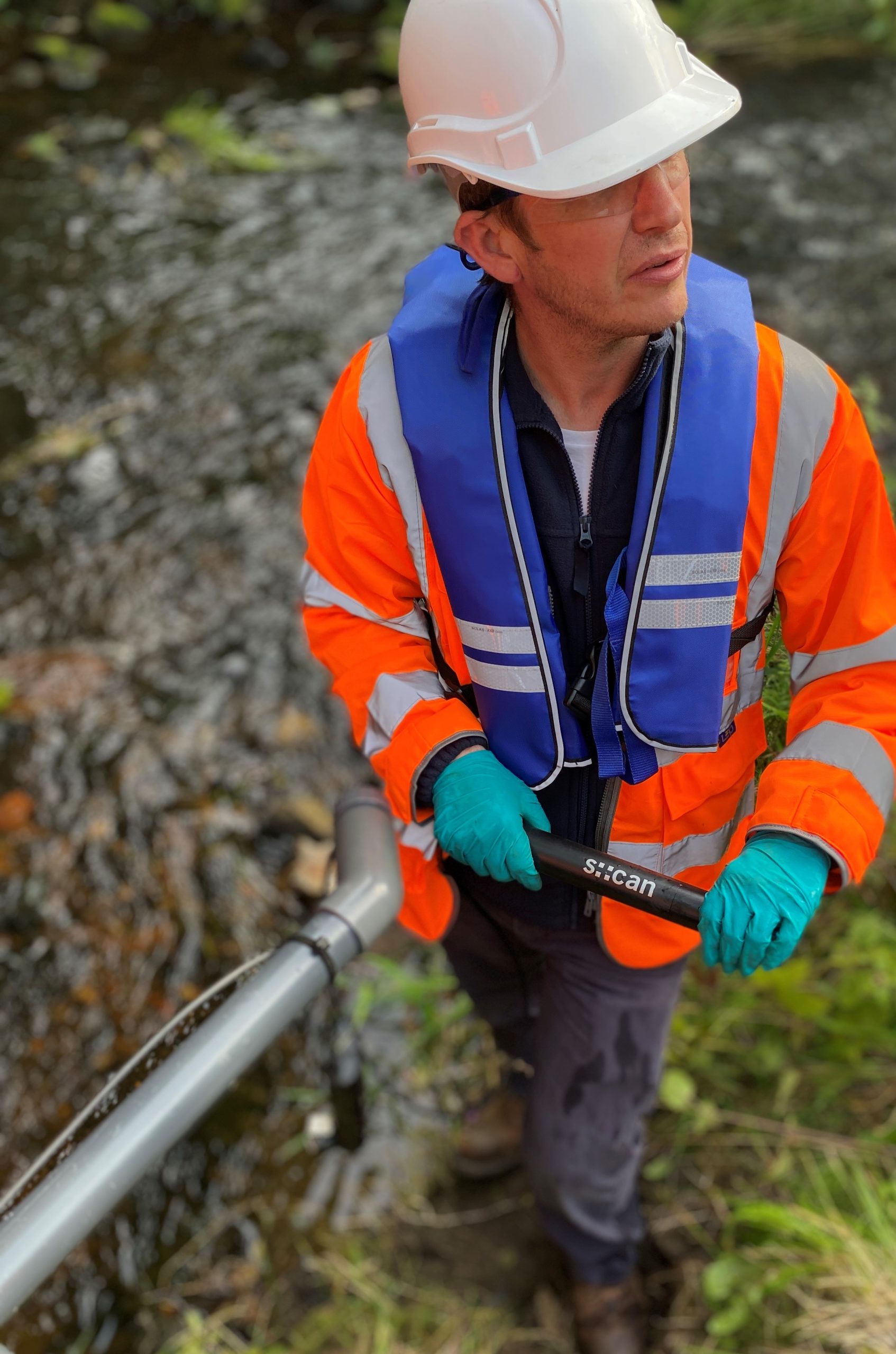In his role of Director of Smart Water Solutions, Garry Tabor works closely with international utility customers and partners to deliver robust, integrated, digital solutions from Badger Meter to help users turn data into actionable insights, empowering customers to leverage data in new ways.
In this article, Garry takes a look at the issue of UK river water quality, and how being smarter might just be the answer.
No water professional and very few households in the UK could fail to be aware of the current press surrounding the poor quality of water in rivers, estuaries, and beaches. Water companies face harsh criticisms over operational decisions that have resulted in some pollution events and general environmental chaos that exists today.
Acting in response, the UK government introduced the Environment Act 2021 (EA21), which became law in November 2021.
Within EA21, Part 5 Section 82 requires accountability from each wastewater company in England for the implementation of large-scale water quality monitoring programs for effluent discharge.
Currently, there are over 20,000 combined sewer overflows (CSOs) and around 7,000 sewage treatment plants that will be monitored under the new legislation.
For each CSO, the regulation calls for continuous water quality monitoring and reporting in rivers upstream and downstream of the CSO location, and at the outfall of wastewater treatment plants across the entire country.
This one piece of legislation introduces, without doubt, the most ambitious water quality monitoring project ever to be introduced anywhere in the world.
Currently, the five non-negotiable parameters required for monitoring are temperature, dissolved oxygen, turbidity, pH, and ammonia (although the Secretary of State has the authority to introduce additional leading indicators such as biochemical oxygen demand (BOD) and total organic carbon (TOC) where he/she feels it necessary and in the best interest of the public and the environment).
At this time, many instrumentation supply chain providers are engaging in consultation and equipment evaluation to ensure they can meet the expectations of such a complex and demanding program.
All solutions should offer clear providence in the five parameters.
However, instead of a one-size-fits-all approach, my own experience and preference would be to offer increased levels of confidence to an already mature water sector by way of collaborative supply chain partnerships. These would offer best-in-class solutions from a collaboration of current and trusted framework suppliers.
With such a sizeable project to implement, each water company faces real challenges in finding the correct supply chain partner. Proven historical knowledge and experience in measuring water quality in rivers globally will be vital. Field service support is essential. Sensor validation and a secure (water industry approved) analytical data gateway meeting data security standards will be a pre-qualification. IoT and Al-enabled sensors and analytics will also put solutions providers at the head of the pack.
Intelligent measurement delivers the right data, at the right time; so that water companies can monitor for potential contamination events before they occur.
The ability of a data platform to go beyond pure compliance and provide actionable insight to water companies to mitigate pollution events, by proactive intervention, are all valid considerations when assessing the right partner.
Breaking down each careful step to achieve an industry-approved solution to ensure that each water company meets its obligations will require water companies to build focused teams.
Alternatively, the role of consultative partnerships with global organizations that can offer turnkey program delivery will be necessary.
Taking a wider view, the introduction of continuous river quality monitoring is one part of the new modern smart infrastructure investment built not wholly on hardware solutions.
The entire water sector is working toward creating a smarter water industry that brings together both real-time water quality and consumption management data. So, not just data for data’s sake, but analysis tools that provide actual insight and predictive outcomes that can feed straight into operational planning. Smart, quantitative metering on unified digital platforms, shifts traditional operational practice and reporting to that of a modern and proactive water business model.
This new digital infrastructure will do more than just redefine operational practice, it will extend the life of existing assets and help to identify issues with fact-based evidence.
Learn more at www.badgermeter.com/UKrivers





